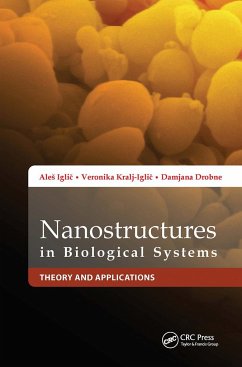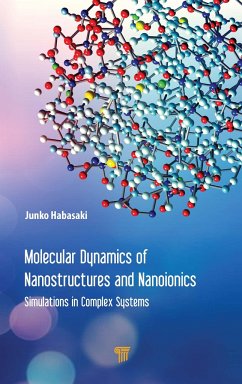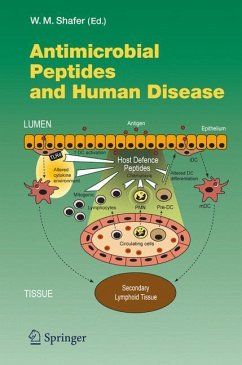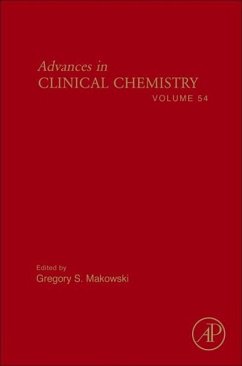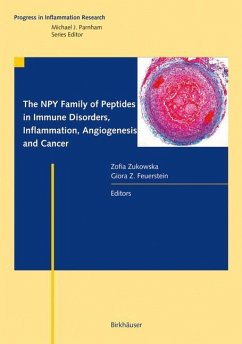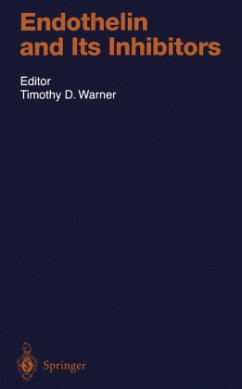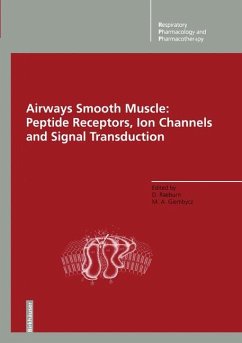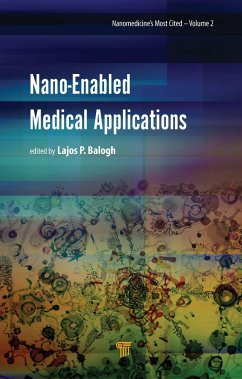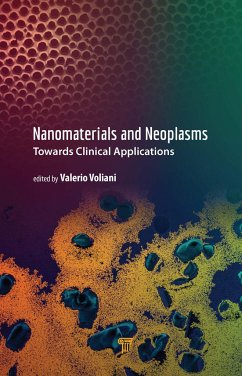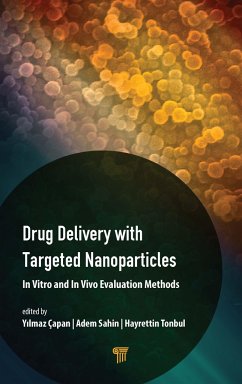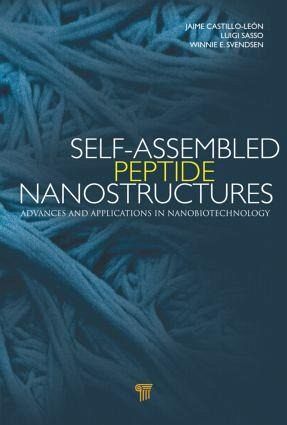
Self-Assembled Peptide Nanostructures
Advances and Applications in Nanobiotechnology
Herausgeber: Castillo, Jaime; Svendsen, Winnie Edith; Sasso, Luigi

PAYBACK Punkte
75 °P sammeln!
The self-organization of bionanostructures into well-defined functional machineries found in nature has been a priceless source of ideas for researchers. The molecules of life, proteins, DNA, RNA, etc., as well as the structures and forms that these molecules assume serve as rich sources of ideas for scientists or engineers who are interested in developing bio-inspired materials for innovations in biomedical fields. In nature, molecular self-assembly is a process by which complex three-dimensional structures with well-defined functions are constructed, starting from simple building blocks such...
The self-organization of bionanostructures into well-defined functional machineries found in nature has been a priceless source of ideas for researchers. The molecules of life, proteins, DNA, RNA, etc., as well as the structures and forms that these molecules assume serve as rich sources of ideas for scientists or engineers who are interested in developing bio-inspired materials for innovations in biomedical fields. In nature, molecular self-assembly is a process by which complex three-dimensional structures with well-defined functions are constructed, starting from simple building blocks such as proteins and peptides. This book introduces readers to the theory and mechanisms of peptide self-assembly processes. The authors present the more common peptide self-assembled building blocks and discuss how researchers from different fields can apply self-assembling principles to bionanotechnology applications. The advantages and challenges are mentioned together with examples that reflect the state of the art of the use of self-assembled peptide building blocks in nanotechnology.




